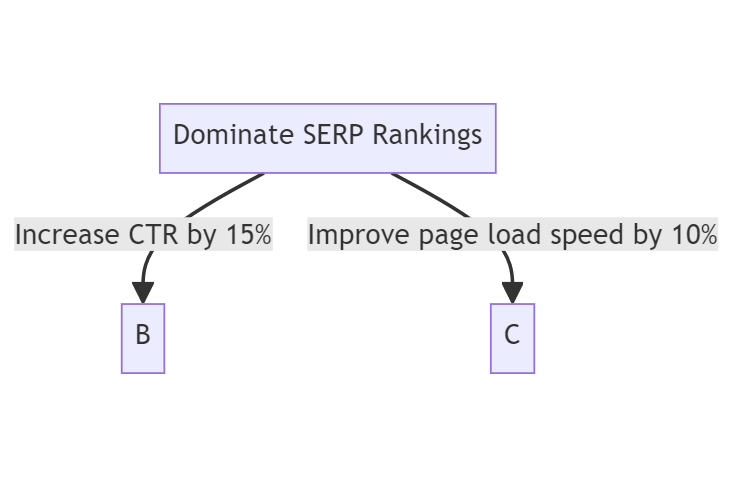Introduction
In the ever-evolving landscape of digital marketing, achieving strategic goals is paramount. Objectives and Key Results (OKRs) have emerged as a powerful framework to drive success. In this comprehensive guide, we delve into the intricacies of OKRs, providing actionable insights and real-world examples to empower your digital marketing endeavors.
Understanding OKRs: A Deep Dive
Defining Objectives
Setting clear objectives is the bedrock of effective OKR implementation. These should be ambitious, motivating, and aligned with your broader business goals. For instance, instead of a vague objective like “Increase website traffic,” opt for a targeted and measurable goal such as “Boost organic website traffic by 25% in the next quarter.”
Crafting Key Results
Key Results quantify your progress toward achieving objectives. They must be specific, measurable, achievable, relevant, and time-bound (SMART). If your objective is to enhance social media engagement, a corresponding key result could be “Increase Instagram followers by 15% within the next month.”
Implementing OKRs in Digital Marketing
Aligning OKRs with Marketing Goals
To truly outrank competitors in digital marketing, align your OKRs with specific marketing goals. For example, if your marketing goal is to enhance brand visibility, an aligned OKR could be “Achieve a 20% increase in brand mentions across digital platforms.”
Leveraging OKRs for Content Marketing
Content is king in the digital realm. Harness the power of OKRs to elevate your content marketing strategy. Consider an objective like “Establish thought leadership in the industry,” with key results including “Publish 2 in-depth blog posts per week” and “Generate a 30% increase in social shares for each post.”
Real-World OKR Success Stories
Case Study: Elevating SEO Performance
Objective: Dominate SERP Rankings
- Key Result 1: Increase organic click-through rates by 15%.
- Key Result 2: Achieve a 10% improvement in average page load speed.

Tips for OKR Optimization
Regular Review and Adaptation
OKRs are not static. Regularly review and adapt them based on performance metrics and market dynamics. This iterative approach ensures continual improvement and agility in your digital marketing strategy.
Data-Driven Decision Making
Make informed decisions by leveraging data. Analyze key performance indicators (KPIs) regularly and adjust your OKRs accordingly. This data-driven approach enhances the precision of your digital marketing campaigns.
Conclusion
Mastering OKRs in digital marketing is not just a goal; it’s a transformative journey. By setting strategic objectives, defining measurable key results, and aligning them with your marketing goals, you position your brand for unparalleled success. Take charge of your digital destiny, outrank the competition, and lead the way in the dynamic world of online marketing.
